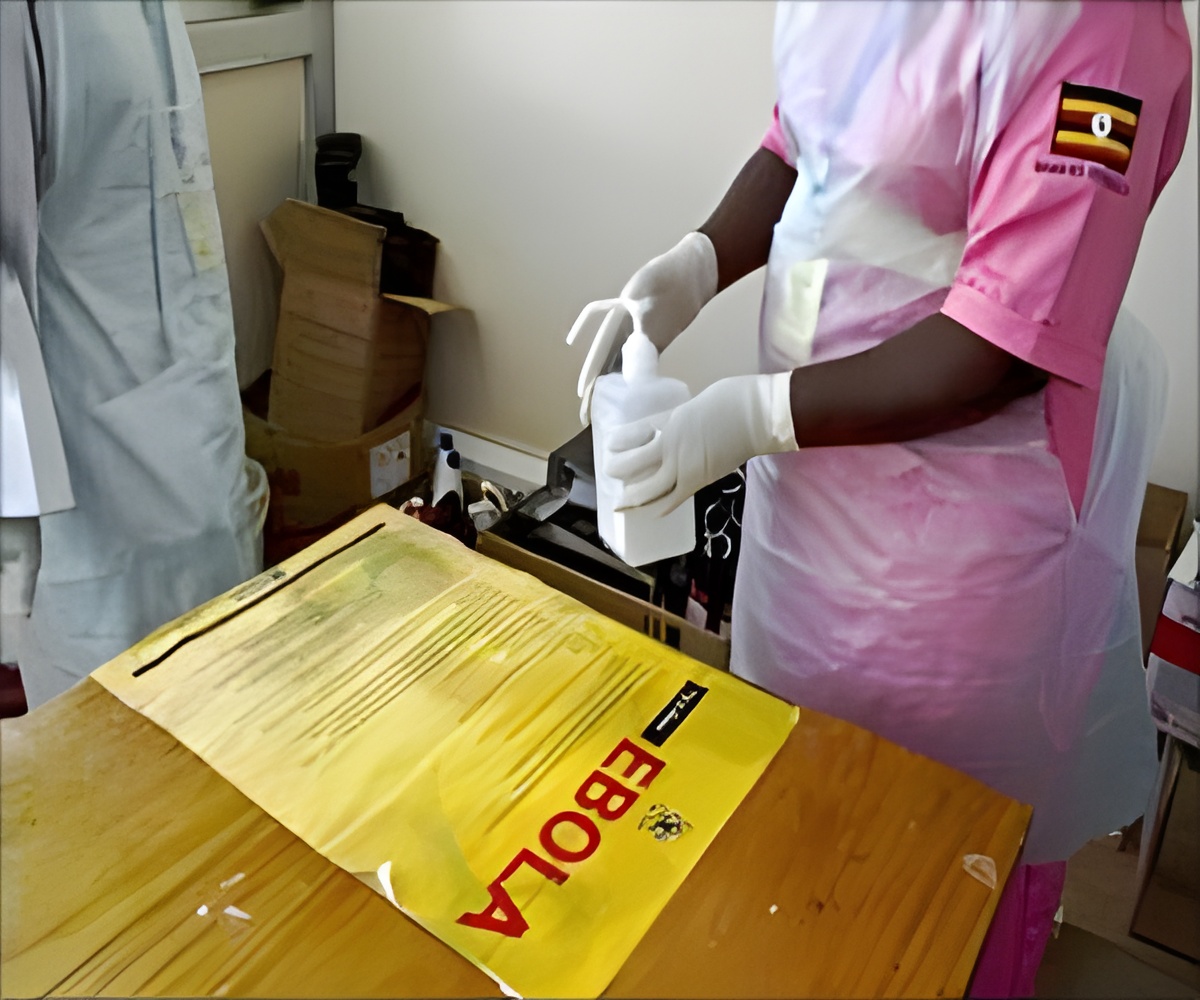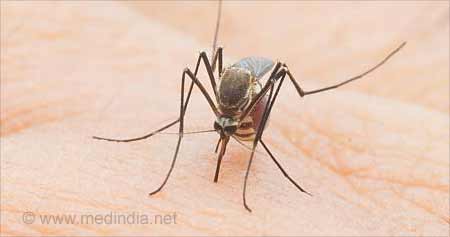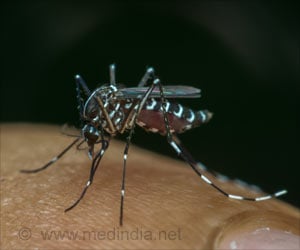
This new vaccine employs a virus not harmful to humans called vesicular stomatitis virus that had a part of the Ebola virus inserted into it. This "Trojan horse" vaccine safely triggered an immune response against Ebola Zaire.
UTMB professor Thomas Geisbert said that the findings may pave the way for the identification and manufacture of safer, single dose, high efficiency vaccines to combat current and future Ebola outbreaks.
To address any possible safety concerns associated with this vaccine, the team developed two next generation candidate vaccines that contain further weakened forms of the vaccine. Both of these vaccines produced an approximately ten-fold lower level of virus in the blood compared to the first generation vaccine.
Chief Scientific Officer, John Eldridge, said that the findings show that their candidate vaccines provided complete, single dose protection from a lethal amount of the Makona strain of Ebola virus.
Both weakened vaccines have features of the Mayinga strain of Ebola virus, as do most other candidate Ebola Zaire vaccines currently under evaluation. The original 1976 Mayinga strain and the new West African Makona strain are quite similar. The researchers said it was important to test their candidate vaccines on the Makona strain to ensure that even small differences between the strains didn’t impact the effectiveness of the vaccine.
Advertisement
Source-ANI













